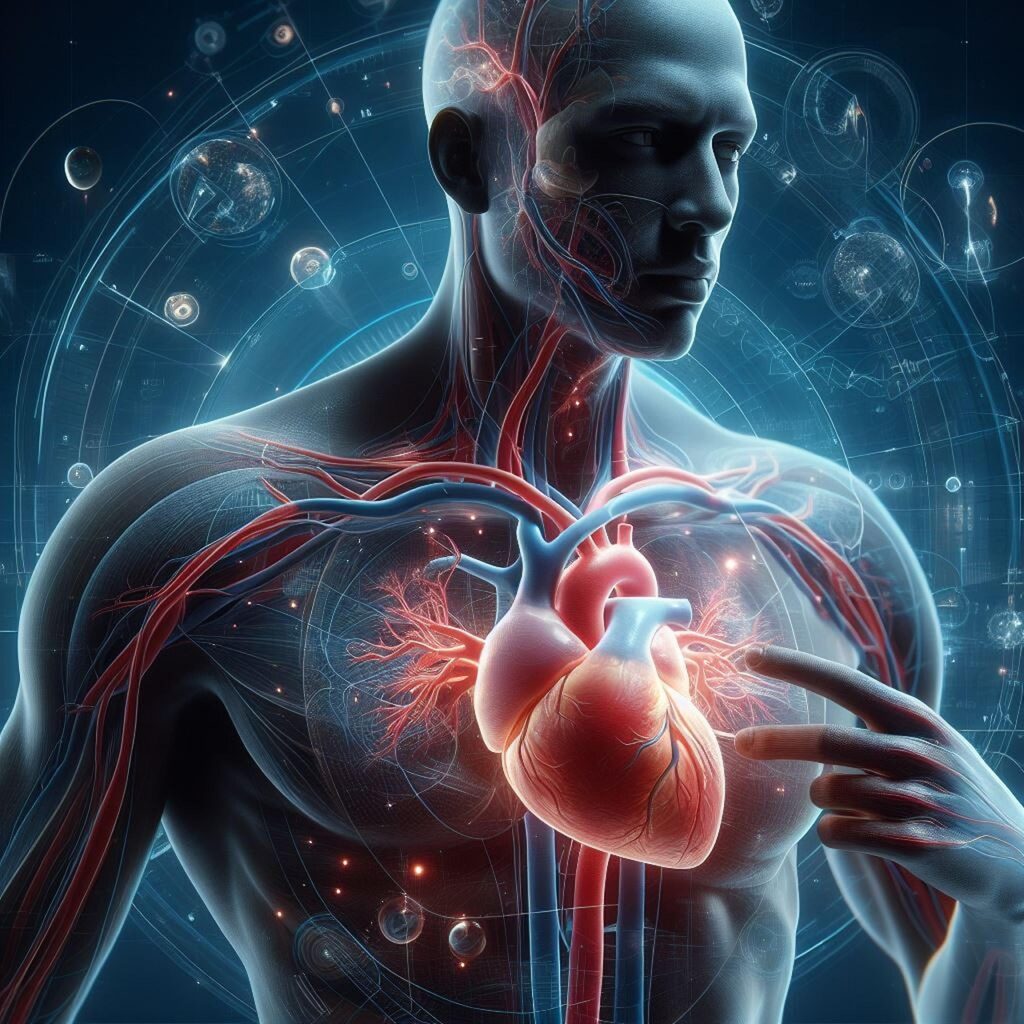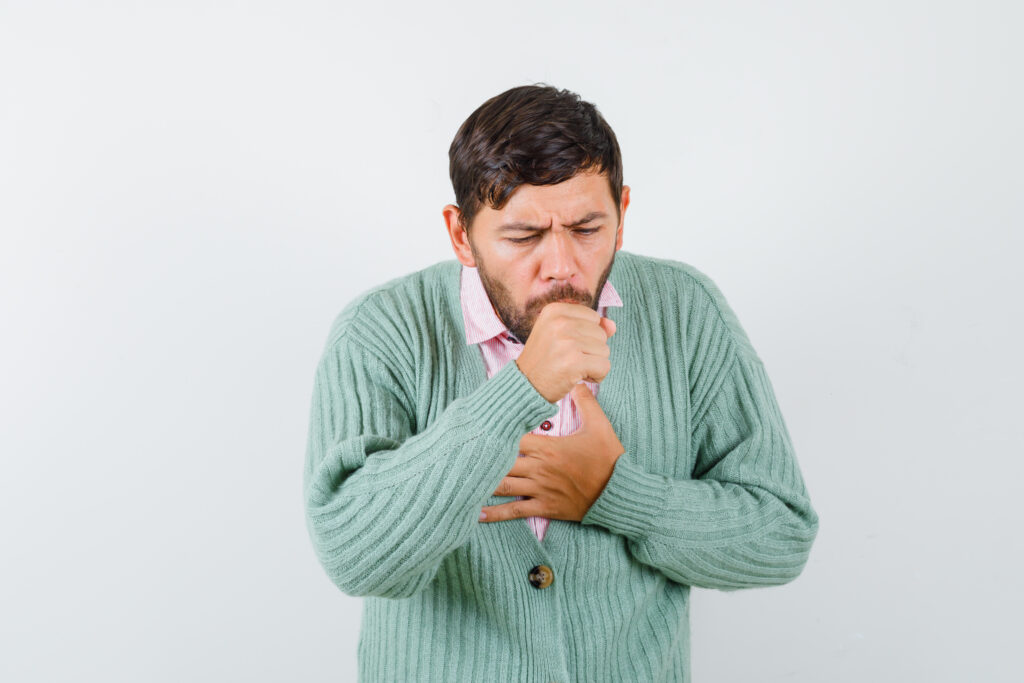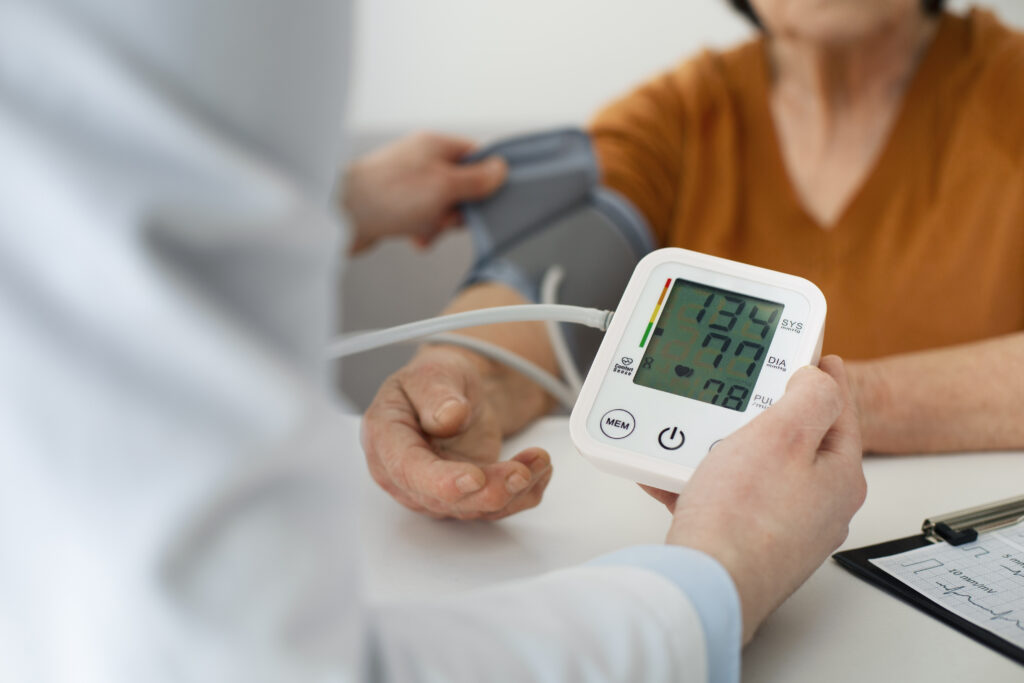Concerned you might be having a heart attack? Discover the early warning signs, what causes it, how symptoms differ in women, and the steps you need to take immediately to safeguard your heart.

Table of Contents
Introduction
When a heart attack strikes, each second matters. Recognizing the early warning signs can save your life or the life of someone you love. Tragically, many don’t recognize the signs until it’s already an emergency. In this comprehensive guide, we’ll answer critical questions like: What does a heart attack feel like? Am I having a heart attack? What causes it? and How can you prevent it?
What Is a Heart Attack?
A heart attack, or myocardial infarction, occurs when blood flow to a part of the heart is blocked, usually due to a buildup of plaque that causes a clot. This blockage deprives the heart muscle of oxygen, leading to damage and, in severe cases, death.

Heart Attack vs Cardiac Arrest:
A heart attack occurs when blood flow to a section of the heart is blocked, making it a circulatory issue.
A cardiac arrest is an electrical problem—the heart suddenly stops beating.
Knowing the difference is crucial: A heart attack may lead to cardiac arrest, but the treatments are different.
What Does a Heart Attack Feel Like?
The classic sign is chest pain or discomfort, but not all heart attacks are the same. In some cases, symptoms strike quickly, while in others, they unfold over time.
Typical symptoms include:
- Chest pain, tightness, or pressure (can come and go)
- Pain in the arm(s), shoulder, neck, back, jaw, or stomach
- Shortness of breath with or without chest discomfort
- Cold sweat
- Dizziness or lightheadedness
- Unexplained fatigue
- Nausea or vomiting
- Some people describe it as a squeezing, burning, or fullness in the chest. Others may not feel pain at all.
Heart Attack Symptoms in Women
Heart attack symptoms in women can be more subtle and are often missed or misdiagnosed.
Women may experience:
- Pressure in the upper back or jaw
- Pain in the stomach (often mistaken for indigestion)
- Profound fatigue lasting days
- Lightheadedness
- Nausea or vomiting
- Feeling of anxiety or doom
Silent heart attacks, which show minimal or no symptoms, are more common in women.
6 Early Warning Signs of a Heart Attack You May Notice a Month in Advance.

- Unusual fatigue: Tiredness that is not related to exertion.
- Sleep disturbances: Difficulty falling or staying asleep.
- Feeling short of breath, even when doing light tasks or resting.
- Indigestion: Persistent discomfort or bloating.
- Anxiety: An unexplained sense of unease.
- Mild chest discomfort: Comes and goes, often ignored.
Can You Have a Heart Attack and Not Know It?
Yes. These are known as silent heart attacks. They may go unnoticed but still cause damage to the heart.
They’re most common in:
- Diabetics
- Older adults
- Women
- Symptoms are vague—fatigue, shortness of breath, or a mild upset stomach—and are often brushed off.
What Causes a Heart Attack?

Most heart attacks result from coronary artery disease, a condition where arteries supplying the heart become narrowed or blocked. Risk factors include:
- Smoking
- High blood pressure (hypertension)
- High cholesterol
- Diabetes
- Obesity
- Sedentary lifestyle
- Poor diet (high in saturated fats, salt, sugar)
- Chronic stress or anxiety
- Family history of heart disease
Understanding and managing these risk factors is key to prevention.

Am I Having a Heart Attack? What to Do Immediately
If you suspect a heart attack:
Call emergency services (e.g., 911, India 108) — Don’t try to drive yourself.
Chew a regular-strength aspirin — It helps prevent clotting (unless you’re allergic).
Rest and remain calm — Sit down and try to breathe slowly.
🚫 Do NOT rely on internet hacks like coughing repeatedly or drinking cold water. These are myths and waste precious time.
Time is muscle — the longer the delay, the more damage to your heart.
How Long Does a Heart Attack Last?
A heart attack can last for a few minutes to several hours.
Symptoms may be persistent or come and go.
Some patients report warning signs days or weeks in advance.
If chest discomfort lasts more than 5 minutes, or if it recurs, seek emergency help.
How Many Beats Per Minute Is a Heart Attack?
There’s no specific heart rate that defines a heart attack. However:
A very fast heart rate (over 100 bpm) = tachycardia
A very slow heart rate (under 60 bpm) = bradycardia
Either extreme, especially if accompanied by chest pain, can signal a problem. Always evaluate heart rate in context with other symptoms.
How to Prevent a Heart Attack

- Maintain a heart-healthy diet: Focus on consuming plenty of fruits, vegetables, whole grains, lean proteins, and sources of healthy fats like nuts, seeds, and olive oil.
- Stay physically active: Aim for at least 150 minutes of moderate-intensity exercise each week, such as brisk walking, cycling, or swimming.
- Maintain a healthy weight: Obesity strains the heart.
- Quit smoking: The single most important step for heart health.
- Limit alcohol intake: Excessive alcohol increases blood pressure.
- Monitor blood pressure and cholesterol: Get regular checkups.
- Manage stress: Practice mindfulness, yoga, or deep breathing.
- Get enough restful sleep: Strive for 7 to 8 hours of quality sleep each night to support heart health.
Heart attacks can often be prevented through healthy lifestyle habits and choices.

Final Thoughts
Trust Your Body, Save Your Life
Your body often warns you before a heart attack. Don’t ignore signs like persistent fatigue, breathlessness, or unexplained pain. Prompt action can save your life.
Share this article with your friends, family, and loved ones—not only to raise awareness but potentially save a life. Many people overlook the early signs of a heart attack, especially in women. A single shared link could be the nudge someone needs to seek timely medical help. You never know whose life you might be protecting just by passing this knowledge on.

Wonderful blog! I found it while searching on Yahoo News.
Do you have any tips on how to get listed in Yahoo News?
I’ve been trying for a while but I never seem to get there!
Thank you